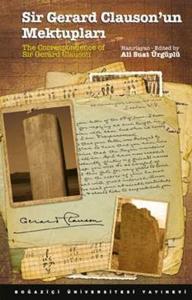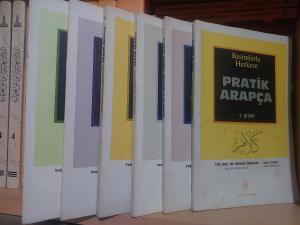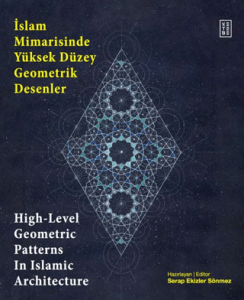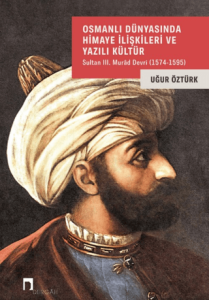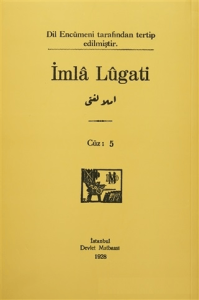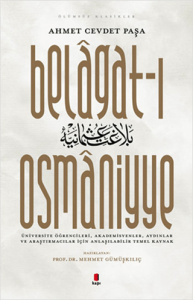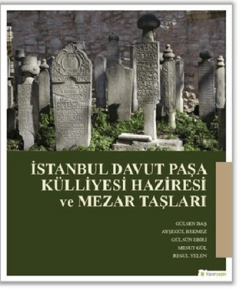9789756193075
96473
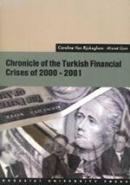
https://www.sahafium.com/kitap/chronicle-of-the-turkish-financial-crises-of-2000-2001-p96473.html
Chronicle Of The Turkish Financial Crises Of 2000-2001
0.00
The Turkish crisis of November 2000, while not entirely unexpected, caught the world by surprise. It was only 10 months into an IMF supported disinflation program, which was working generally well despite several shortcomings, and the political backing for the program was stronger than anything Turkey could hope for. But the crisis hit violently, with interest rates breaking world records, and much earlier than experienced in other exchange rate-based stabilization programs. The crises cost Turkey the most severe contraction of its modern history since the 1940s.
Caroline Van Rijckeghem was an economist at the IMF during 1991-2001, and is currently faculty at Sabanci University . She has written several papers on the Turkish economy, including on the currency crisis of 1994, on the effects of inflation stabilization on the Turkish banking system, and on the origins of Turkish debt. She has also published papers in several accredited journals in the areas of currency and debt crises and government corruption and civil service wages. She received her B.S. and Ph.D. in economics from Massachusetts Institute of Technology and University of California, Berkeley , respectively.
Murat Ucer held economist positions at several international institutions including the IMF, IIF, and Credit Suisse First Boston, as well as advisory positions in Turkey, including the Central Bank and the Turkish Treasury. Currently, he works as an independent economic consultant as part of EuroSource's network of advisors, and is adjunct faculty at Koc University. He received his B.A. and Ph.D. in economics from Bogazici University and Boston College, respectively.
Caroline Van Rijckeghem was an economist at the IMF during 1991-2001, and is currently faculty at Sabanci University . She has written several papers on the Turkish economy, including on the currency crisis of 1994, on the effects of inflation stabilization on the Turkish banking system, and on the origins of Turkish debt. She has also published papers in several accredited journals in the areas of currency and debt crises and government corruption and civil service wages. She received her B.S. and Ph.D. in economics from Massachusetts Institute of Technology and University of California, Berkeley , respectively.
Murat Ucer held economist positions at several international institutions including the IMF, IIF, and Credit Suisse First Boston, as well as advisory positions in Turkey, including the Central Bank and the Turkish Treasury. Currently, he works as an independent economic consultant as part of EuroSource's network of advisors, and is adjunct faculty at Koc University. He received his B.A. and Ph.D. in economics from Bogazici University and Boston College, respectively.
The Turkish crisis of November 2000, while not entirely unexpected, caught the world by surprise. It was only 10 months into an IMF supported disinflation program, which was working generally well despite several shortcomings, and the political backing for the program was stronger than anything Turkey could hope for. But the crisis hit violently, with interest rates breaking world records, and much earlier than experienced in other exchange rate-based stabilization programs. The crises cost Turkey the most severe contraction of its modern history since the 1940s.
Caroline Van Rijckeghem was an economist at the IMF during 1991-2001, and is currently faculty at Sabanci University . She has written several papers on the Turkish economy, including on the currency crisis of 1994, on the effects of inflation stabilization on the Turkish banking system, and on the origins of Turkish debt. She has also published papers in several accredited journals in the areas of currency and debt crises and government corruption and civil service wages. She received her B.S. and Ph.D. in economics from Massachusetts Institute of Technology and University of California, Berkeley , respectively.
Murat Ucer held economist positions at several international institutions including the IMF, IIF, and Credit Suisse First Boston, as well as advisory positions in Turkey, including the Central Bank and the Turkish Treasury. Currently, he works as an independent economic consultant as part of EuroSource's network of advisors, and is adjunct faculty at Koc University. He received his B.A. and Ph.D. in economics from Bogazici University and Boston College, respectively.
Caroline Van Rijckeghem was an economist at the IMF during 1991-2001, and is currently faculty at Sabanci University . She has written several papers on the Turkish economy, including on the currency crisis of 1994, on the effects of inflation stabilization on the Turkish banking system, and on the origins of Turkish debt. She has also published papers in several accredited journals in the areas of currency and debt crises and government corruption and civil service wages. She received her B.S. and Ph.D. in economics from Massachusetts Institute of Technology and University of California, Berkeley , respectively.
Murat Ucer held economist positions at several international institutions including the IMF, IIF, and Credit Suisse First Boston, as well as advisory positions in Turkey, including the Central Bank and the Turkish Treasury. Currently, he works as an independent economic consultant as part of EuroSource's network of advisors, and is adjunct faculty at Koc University. He received his B.A. and Ph.D. in economics from Bogazici University and Boston College, respectively.

